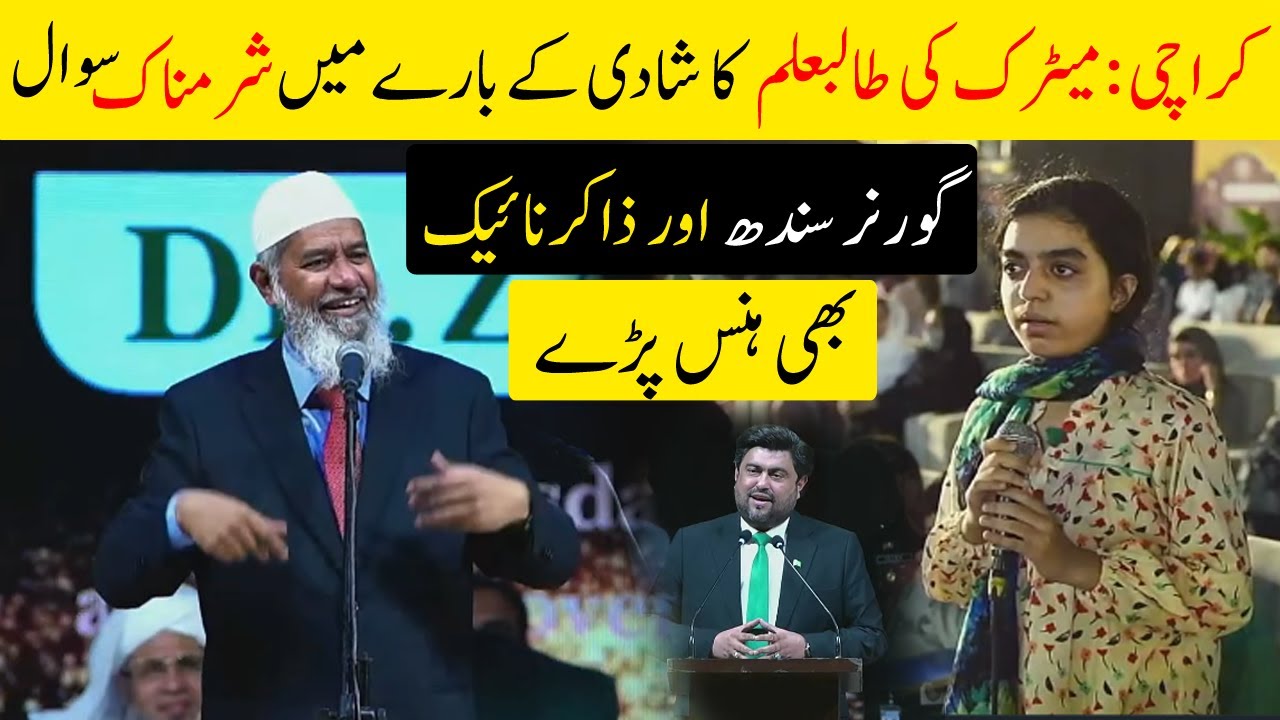ANOTHER CHILD? / WHY I ONLY WANT ONE CHILD/ ONLY CHILD / NO MORE KIDS / ONE AND DONE
Summary
TLDRIn this video, the speaker shares the reasons why they’ve decided to have only one child. Key factors include the financial and time commitments of raising a child, not wanting to experience pregnancy or the newborn stage again, and feeling that their family is complete. The speaker emphasizes the importance of making decisions that are right for one’s own family, without succumbing to external pressures. Ultimately, the speaker and their partner are both content with their decision, and they encourage others to feel confident in their choices regarding family planning.
Takeaways
- 😀 Having one child is a personal choice based on finances, time, and lifestyle preferences.
- 😀 Money and time are key factors in deciding to have only one child, with daycare costs and long-term financial goals being important considerations.
- 😀 Both partners must be on the same page about family size, and in this case, the speaker and her husband agree on one child.
- 😀 The speaker acknowledges that while some families thrive with more children, it's not a practical choice for them at this time.
- 😀 Pregnancy and childbirth were not overly challenging for the speaker, but she doesn't have a strong desire to go through it again.
- 😀 Postpartum struggles, such as baby blues and anxiety, were difficult, and the speaker doesn't want to experience that again.
- 😀 The newborn stage was emotionally taxing, and the speaker feels more comfortable now with her child being older and more independent.
- 😀 The speaker does not feel pressured by societal norms that expect parents to have more than one child.
- 😀 Confidence in one's family decisions is important, and the speaker encourages others to trust their instincts regarding family size.
- 😀 The speaker and her husband feel complete with one child, and they are both content with their current family dynamic.
- 😀 The speaker urges others considering their family size to prioritize what feels right for their unique situation and not worry about outside judgment.
Q & A
Why does the speaker only want to have one child?
-The speaker wants to have only one child due to financial and time constraints, a lack of desire to go through pregnancy and the newborn stage again, and a sense that their family feels complete with one child.
How does the speaker feel about the financial impact of having more than one child?
-The speaker feels that having more than one child is not practical due to the high costs involved, especially considering daycare and other financial goals like vacations and buying a house.
What role does time play in the speaker's decision to only have one child?
-The speaker and her husband are not in their twenties, and they want to enjoy their child while still being able to have time for themselves as they grow older. They also value the independence their son has reached, which allows them more personal time.
Did the speaker enjoy being pregnant?
-The speaker did not particularly enjoy being pregnant. While she found it to be a miracle, she didn’t share the same enthusiasm as many women who love being pregnant and want to experience it again.
What complications did the speaker experience during pregnancy?
-The speaker had high blood pressure and was induced at 37 and a half weeks. She also had a C-section but did not develop pre-eclampsia, though the situation was close to that point.
Why is the speaker afraid of going through the newborn stage again?
-The speaker found the newborn stage extremely challenging, dealing with postpartum depression and the baby blues. She felt overwhelmed by the constant worry about the baby's well-being and does not want to experience that emotional stress again.
What aspects of the newborn stage does the speaker specifically mention as difficult?
-The speaker mentions the constant crying, the uncertainty about the baby’s needs, and the overwhelming worry about feeding and the baby's health as some of the toughest aspects of the newborn stage.
How does the speaker feel about her current family situation?
-The speaker feels that her family is complete with one child. Both she and her husband are in agreement that they don’t want more children, and they feel content with the way their family is right now.
How does the speaker advise others who are considering having more children?
-The speaker encourages others to consider what they truly want for their family, to be confident in their decisions, and not to worry about societal pressures or judgment from others about family size.
What is the speaker's stance on the societal pressure to have more than one child?
-The speaker acknowledges that there is societal pressure to have more than one child but emphasizes that each family should do what feels right for them, regardless of others' opinions about having more children or the potential for a child to be 'spoiled' or 'selfish.'
Outlines

This section is available to paid users only. Please upgrade to access this part.
Upgrade NowMindmap

This section is available to paid users only. Please upgrade to access this part.
Upgrade NowKeywords

This section is available to paid users only. Please upgrade to access this part.
Upgrade NowHighlights

This section is available to paid users only. Please upgrade to access this part.
Upgrade NowTranscripts

This section is available to paid users only. Please upgrade to access this part.
Upgrade NowBrowse More Related Video

Karachi Matric Student Ask funny Question to Zakir Naik | Jawab dety huway Dr Shab Hans prahy

IS THIS THE END!? | Getting Kicked Out Of Formula Drift.

Education Is The One Of The Blessings Of Life || Malala Yousafzai Speech

Nicotine Withdrawal Is A Good Thing *two reasons why*

Leaving Fujifilm

Membuka Hati Untuk Kebaikan, Menutupnya Untuk Kesombongan - KAJIAN HATI (17/3/25) P3
5.0 / 5 (0 votes)